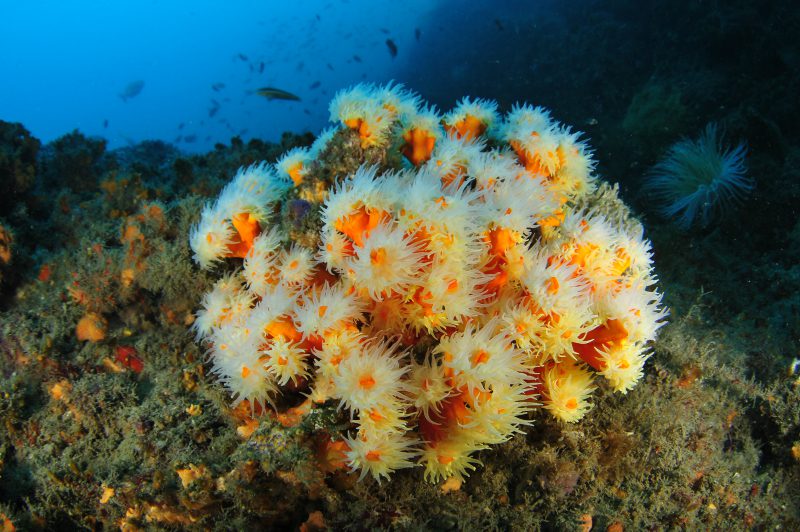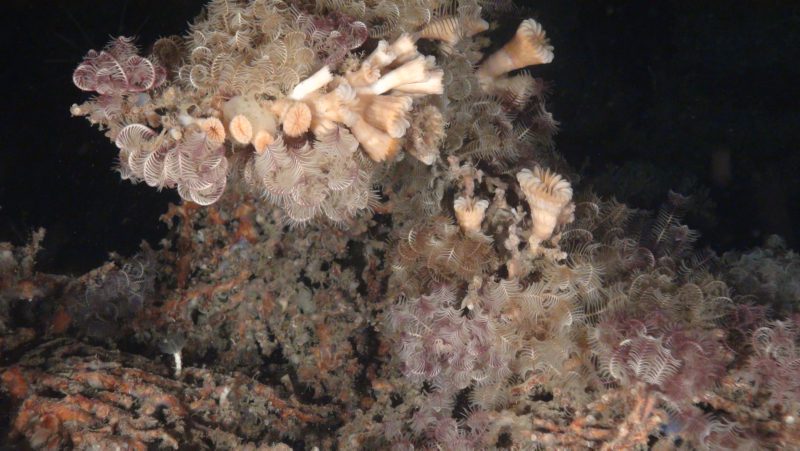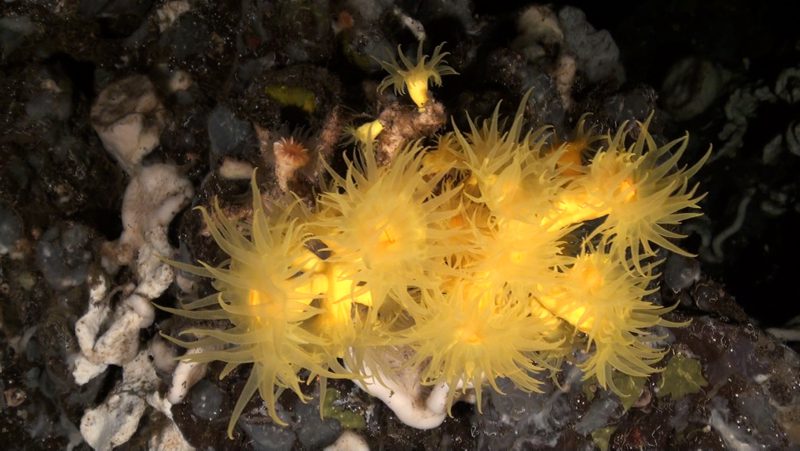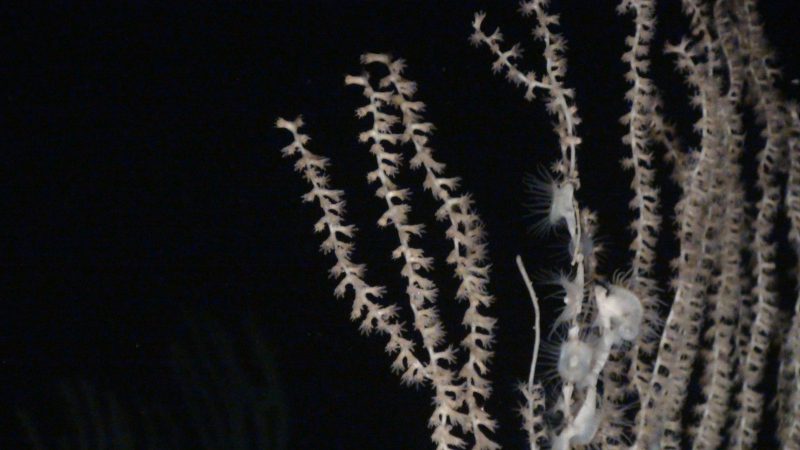Mediterranean countries commit at UN meeting to protect endangered corals
Protection of four deep-sea coral species from human activity marks major breakthrough in safeguarding region’s key marine life
Press Release Date: December 20, 2017
Location: Tirana, Albania
Contact:
Marta Madina | email: mmadina@oceana.org | tel.: Marta Madina
Mediterranean countries agreed today to legally protect endangered cold-water corals in the Mediterranean Sea from harmful human activity at a UN Environment meeting in Albania. The 22 members of the Barcelona Convention voted in favour of including four additional coral species – cockscomb cup coral, yellow-tree coral, yellow coral and bamboo coral – to the list (Annex II) of endangered or threatened species in the Mediterranean Sea. This decision will also help to ensure the survival of marine life that live and depend on these underwater coral gardens.
“Getting these species listed as ‘endangered’ or ‘threatened’ in the Barcelona Convention is a big breakthrough for ocean health and conservation in the Mediterranean Sea. All these corals are at risk of extinction, so this really is a lifeline to underwater ecosystems, with the most iconic of deep-sea corals now protected under international law”, said Ricardo Aguilar, Senior Research Director at Oceana in Europe.
At the 4-day Barcelona Convention meeting in Tirana, ministers and heads of delegation also signed a ministerial declaration to encourage further marine conservation in the Mediterranean. The Tirana Ministerial Declaration contains, among others, regional-wide commitments on marine litter management and on working towards the UN’s Sustainable Development Goals. It also encourages the Contracting Parties to speed up the creation of marine protected areas (MPAs) for the Mediterranean Sea.
“One of the most effective ways to protect vulnerable or threatened with extinction deep-sea species is by declaring more marine protected areas (MPAs). Currently, only 7% of the Mediterranean has MPA coverage. Sadly, this is nowhere near enough, but the Tirana Declaration is a chance for the region’s countries to turn words into action to reach the UN’s Sustainable Development Goal for the oceans”, added Aguilar.
Notes to the editor on the corals:
- Bamboo coral (Isidella elongata) is considered practically endemic to the Mediterranean. It is estimated that its population has decreased by 80% in the last decade and that is why it is classified as Critically Endangered. Its decline affects many species of prawn and fish associated with these coral gardens, such as hake, which uses bamboo corals as breeding grounds
- Yellow tree coral (Dendrophyllia cornigera) and yellow coral (D. ramea) appear on the IUCN Red List red list as Endangered and Vulnerable species, respectively. They suffer the effects of destructive fishing on the seabed. Yellow tree coral has been documented at depths of 800 metres and its colonies can reach a metre high
- The cockscomb cup coral (Desmophyllum dianthus) is considered Endangered and its population is estimated to have been reduced by half in the last 60-70 years. Experts believe that this decline cannot be stopped unless conservation measures are taken. It lives at depths of between 200 and 1,200 metres





